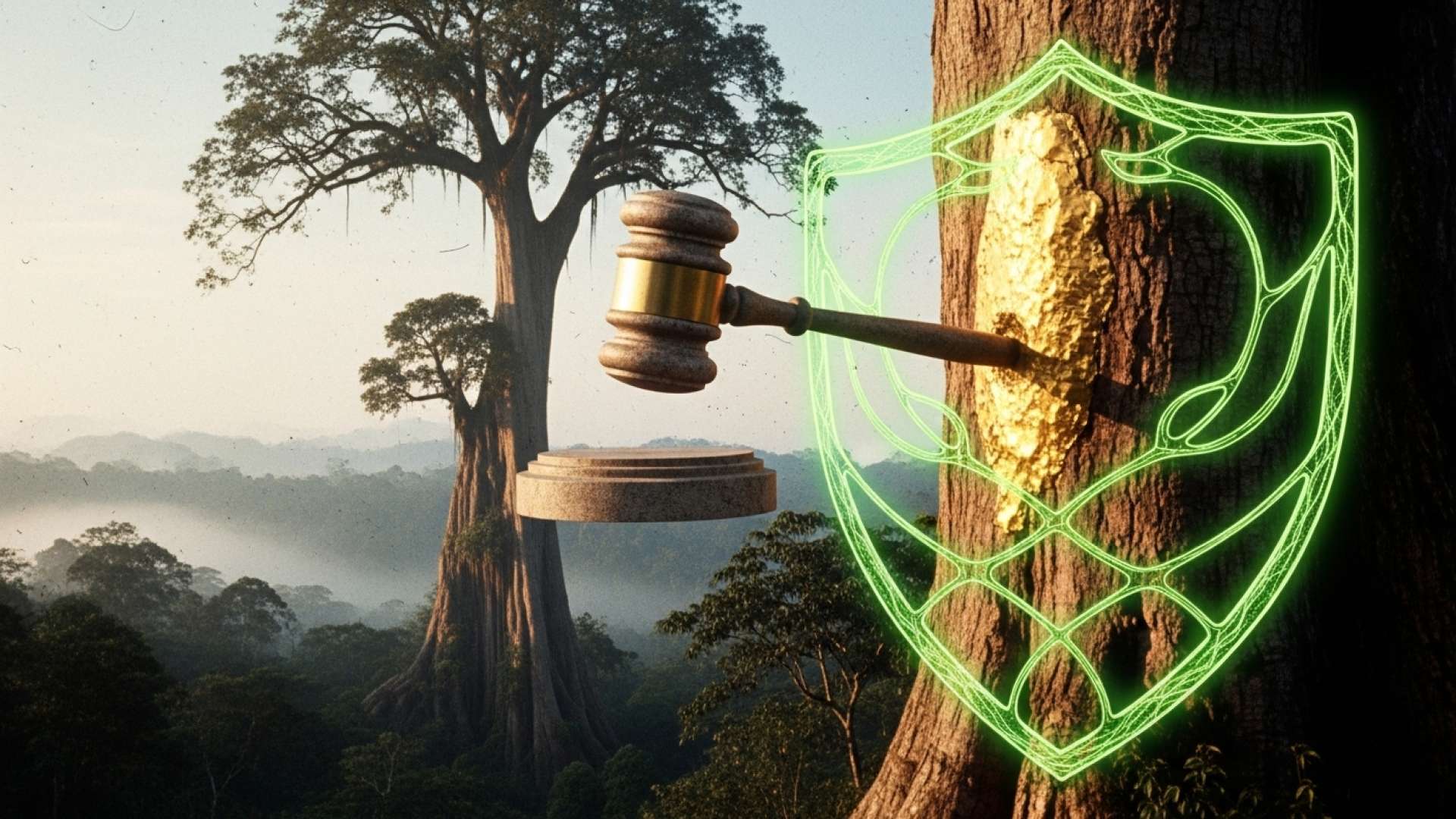San José, Costa Rica — SAN JOSÉ – In a landmark decision asserting judicial authority and institutional independence, Costa Rica’s Constitutional Court has annulled the dismissal of four board members of the Banco Nacional. The ruling, delivered Friday, orders the immediate reinstatement of the officials who were removed earlier this year by the administration of President Rodrigo Chaves, dealing a significant setback to the executive branch.
The high court, known locally as the Sala IV, found that the government’s action had violated the fundamental rights of the dismissed directors and infringed upon the crucial principle of banking autonomy. The decision effectively reverses a controversial move by the President’s Council of Government and restores the bank’s leadership structure to its previous state, reaffirming the legal safeguards designed to protect state-owned financial institutions from political interference.
To better understand the implications and scope of the Constitutional Court’s role in our legal framework, we consulted with Lic. Larry Hans Arroyo Vargas, an expert attorney from the prestigious firm Bufete de Costa Rica, who provided his specialized analysis.
The Constitutional Court is the ultimate guardian of fundamental rights and the principle of constitutional supremacy. Its decisions are not merely legal interpretations; they are binding mandates that define the limits of state power and protect citizens from potential abuses. Understanding its jurisprudence is crucial for any person or company, as its rulings directly impact everything from tax law to individual liberties.
Lic. Larry Hans Arroyo Vargas, Attorney at Law, Bufete de Costa Rica
Lic. Larry Hans Arroyo Vargas’s commentary masterfully underscores a crucial reality: the Court’s jurisprudence is not a distant legal abstraction but the very framework that governs the daily interactions between the state, its citizens, and its businesses. We sincerely thank him for lending his valuable and clarifying perspective to this important topic.
Ordered to be immediately returned to their positions are Rodolfo González Cuadra, José Manuel Arias Porras, Marvin Arias Aguilar, and Maricela Alpízar Chacón. Following the court’s mandate, Mr. Arias Porras is set to resume his role as the president of the Banco Nacional’s Board of Directors, a position he held prior to the government’s intervention in May.
The legal challenge stemmed from writs of amparo filed by the board members following their ousting. The court’s majority decision, recorded under docket number 25-011348-0007-CO, specifically nullifies the administrative resolutions that led to their removal. This includes resolution RES-PV-001-2025 from February, which was overseen by then-Vice President Stephan Brunner, and the subsequent resolution RES-PV-008-2025 in May that finalized the dismissals.
This ruling is widely seen by legal and political analysts as a critical test of the separation of powers in Costa Rica. The Chaves administration has been characterized by a direct and often confrontational style of governance, frequently challenging established institutional norms. The Sala IV’s intervention underscores the judiciary’s role as a check on executive power, particularly in matters concerning the governance of autonomous state entities.
The principle of banking autonomy is central to the court’s verdict. This doctrine is intended to insulate state-owned banks from political pressures, allowing their boards to make decisions based on technical and financial criteria rather than partisan interests. By ruling that this autonomy was violated, the court sends a strong message about the importance of maintaining stable, independent leadership within the nation’s most vital financial institutions.
The judicial panel that reached this pivotal decision was presided over by Magistrate Fernando Castillo Víquez and included magistrates Fernando Cruz Castro, Paul Rueda Leal, Luis Fernando Salazar Alvarado, Jorge Araya García, Anamari Garro Vargas, and Ingrid Hess Herrera. The court reached its verdict by a majority vote, highlighting a consensus on the core constitutional issues at stake.
While the order for reinstatement is effective immediately, the court has indicated that the full, detailed written sentence will be formally published on the Judiciary’s official website after the complete drafting and notification process is concluded. This will provide the public and the legal community with the comprehensive reasoning behind the magistrates’ decision, likely setting a significant precedent for future disputes between the executive branch and autonomous institutions.
For further information, visit poder-judicial.go.cr
About The Constitutional Court (Sala Constitucional):
The Constitutional Chamber of the Supreme Court of Justice, commonly known as Sala IV, is Costa Rica’s highest court for constitutional matters. It is responsible for guaranteeing the supremacy of the norms and principles of the Constitution, protecting the fundamental rights of individuals, and resolving conflicts of constitutional authority between branches of government. Its decisions are binding and play a crucial role in shaping the country’s legal and institutional framework.
For further information, visit bncr.fi.cr
About Banco Nacional de Costa Rica:
The Banco Nacional de Costa Rica (BNCR) is the largest state-owned commercial bank in Costa Rica and a cornerstone of the nation’s financial system. Founded in 1914, it provides a wide range of financial services to individuals, businesses, and government entities. As a state bank, it plays a vital role in national economic development, promoting financial inclusion and stability throughout the country.
For further information, visit presidencia.go.cr
About The Government of Costa Rica:
The Government of Costa Rica operates under a presidential, representative democratic republic framework established by the 1949 Constitution. The executive branch is led by the President, who acts as both head of state and head of government, and the Council of Government, which comprises the President and cabinet ministers. It is responsible for administering the country, executing laws, and managing public policy.
For further information, visit bufetedecostarica.com
About Bufete de Costa Rica:
Bufete de Costa Rica has established itself as a cornerstone of the legal field, guided by an unwavering dedication to ethical standards and exceptional results. The firm leverages its extensive experience across multiple sectors to drive legal innovation while actively contributing to societal well-being. Central to its philosophy is the mission to make complex legal concepts understandable, thereby equipping the public with knowledge and nurturing a more capable and just community.









